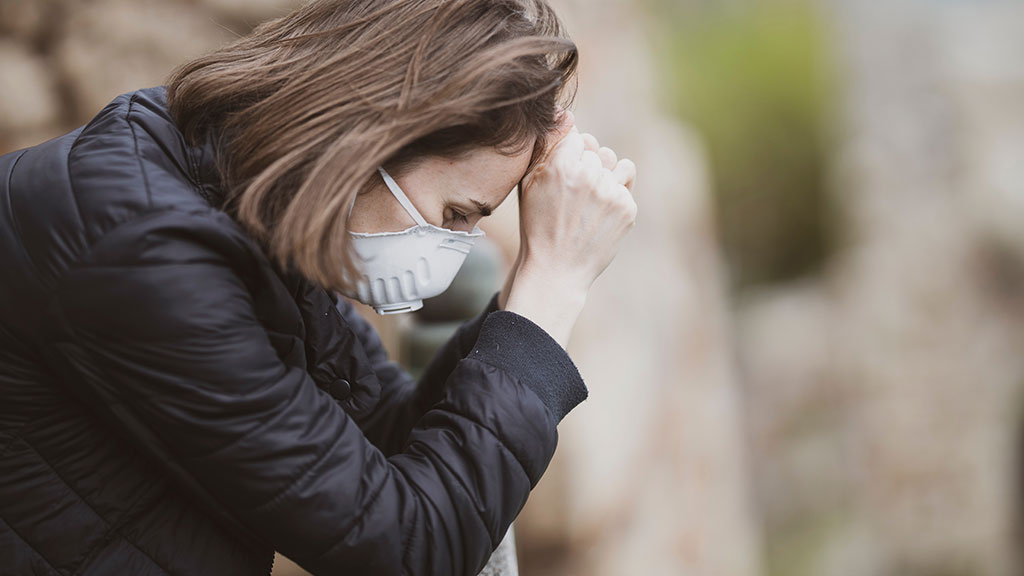UOC researchers take part in an international study to assess the psychological effects of the COVID-19 pandemic
The project has gathered more than 50 researchers from American and European institutions to analyse the effects of the pandemic on human behaviour across more than 30 countriesThe study will analyse the impact the coronavirus crisis has had on mental health and how people have adapted to these extraordinary circumstances

Researchers from the Universitat Oberta de Catalunya (UOC), the Universitat Autònoma de Barcelona (UAB) and the University of Barcelona (UB), alongside a team of 50 collaborators and 20 universities from 15 countries across Europe and the United States, have initiated the PSY-COVID project. The aim is to create an extensive database that will allow both research teams from around the world and healthcare authorities to analyse the psychological effects of the measures to restrict citizens' movement, which have been adopted by most countries in an attempt to contain the spread of coronavirus.
Researchers from the UOC's Faculty of Psychology and Education Sciences and the eHealth Center will be collaborating on the project, which is being coordinated by the UAB. It will be based on the results gathered from a survey that researchers hope will attract massive participation from people in more than 30 countries. One of the study's objectives is to understand the effects of the restrictive measures now governing entire populations.
According to the study's coordinator, Antoni Sanz, from the UAB's Department of Basic, Evolutionary and Educational Psychology, by sending the same survey model to all countries involved, "we hope to find out whether or not the intensity and duration of the measures put in place by each government, or even socio-cultural differences, are responsible for the disparity in anxiety or depression disorders". This will also allow them to identify the groups of people having suffered the most, with some preliminary studies clearly indicating that "high percentages of healthcare professionals and patients having suffered from severe cases of the disease are exhibiting post-traumatic stress disorder," Sanz added.
eHealth Center researcher Noemí Robles said: "The extensive database we hope to build through the study could allow us to identify factors that affect mental health, such as reduced physical space, the social circumstances surrounding individuals during lockdown and restrictions on movement." Clara Selva, researcher from the Faculty of Psychology and Education Sciences and coordinator of the project's hub in Spain, described the database as "one of the study's core elements, as it allows us to work collaboratively with the entire scientific community".
Ability to adapt
Likewise, eHealth Center researcher Manuel Armayones stated that unlike other studies that have focused exclusively on mental health, this international research also "focuses on people's ability to adapt to extraordinary circumstances". As such, the initiative seeks to assess so-called post-traumatic growth, i.e. the emotional and cognitive improvements that some people experience after overcoming adverse circumstances such as social isolation or even COVID-19 itself.
According to the researchers, until we have a vaccine or an effective antiviral treatment, the only way to control SARS-CoV-2 is by means of preventive behaviour. Those leading the project have signalled that identifying the factors that encourage people to adopt preventative behaviour could be decisive in outlining public health policies that could keep ICUs from collapsing and prevent thousands of deaths around the world.
Experts UOC
Press contact
-
Editorial department
